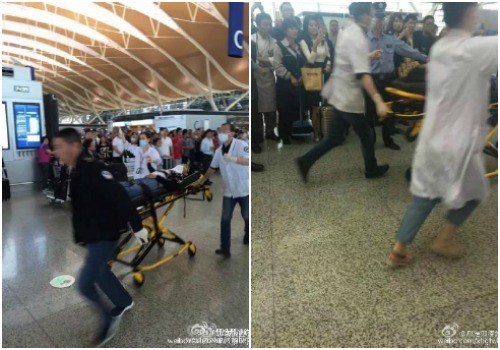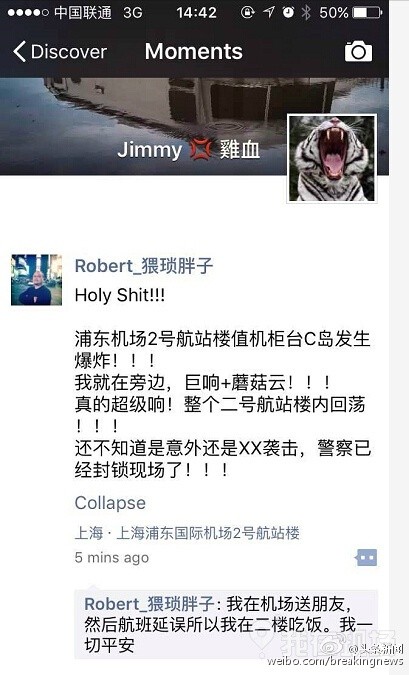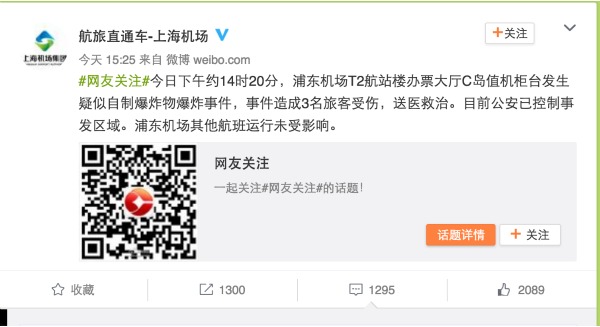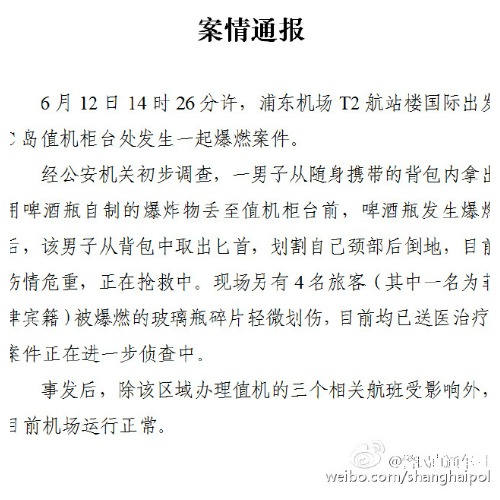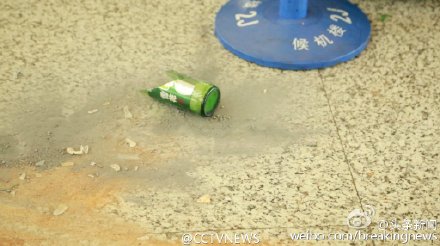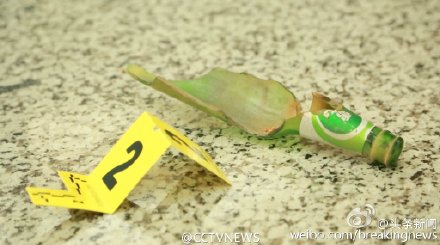In a stabbing incident caught on camera by bystanders, a man locally known as “Bag-Clutching Brother” (夹包哥) was killed in the city of Songyuan in China’s Jilin province on June 30.
The incident occurred around 19:00 at Bodune Square in the city’s Ningjiang District, where people often gather for square dancing.
One familiar face on the square was the 54-year-old Mr. Zhao, who became well-known locally for his eccentric square dancing while clutching a bag, earning him the nickname “Jiabaoge” (夹包哥), meaning “Bag-Clutching Brother” or “Brother Clutch Bag.” As a devoted “dancing king,” he had become somewhat of a local celebrity, and he also posted videos online of his dancing at the square.

“Brother Clutch Bag” had become somewhat of a local celebrity due to his personality, dancing style, and clutched bag.
Square dancing is common across Chinese cities. It’s when local residents, usually older and retired residents, meet at a public park or plaza in the mornings or evenings to perform synchronized dance routines together or improvise own dances while playing loud music.
On Sunday, a night of careless dancing abruptly transformed into a horrifying stabbing incident.
Footage circulating online shows Mr. Zhao dancing in the square before being approached by a man in a black t-shirt, who first bumps into him and then suddenly starts stabbing him while dozens of people stand by.


Moments later, Mr. Zhao can be seen lying on the floor in a puddle of blood while still being attacked by the man. Bystanders do not seem to have intervened at this point.

On July 2nd, the police released more information about the incident. The attacker, a 53-year-old man, has been detained. He had reportedly been drinking and did not personally know the victim, but apparently was triggered by his dancing and a moment of eye contact.
On Weibo, the topic went trending. “It’s terrifying!” one commenter wrote: “He just stabbed him like that in front of everyone, and so many people were watching.” “I’m speechless,” others said.
“Looking at the video, people just stand around without running away or saving him,” one person observed.
According to one account, a bystander who also knew Mr. Zhao said he wanted to help but was scared to intervene, fearing he might be implicated if the police ruled it a “mutual fight” (互殴) instead of justified defense (正当防卫).
One Toutiao blogger responded: “I’m sorry that for us ordinary people, these terms [justified defense vs mutual fight] have clouded our ability to judge. From the initial ‘whoever hits first is responsible’ to ‘it’s ruled justifiable defense once you’re hurt,’ and now to the so-called ‘mutual fight,’ determining who is responsible is entirely up to ‘them.’ As a result, people have become numb and fearful.”
“So many people were at the scene. If just one person had gone up and kicked him, they could have stopped it. But instead, all those people just looked on helplessly and watched him get stabbed to death. My God.”
Many other commenters on Weibo made similar remarks: “All these men standing around, was there not one of them who could have stopped it?”
The problem of bystanders not intervening has been a long-discussed issue in China. Some say it is related to a cultural attitude of “mind your own business” or “shaoguanxianshi” (少管闲事), where people are accustomed to remaining uninvolved when it does not concern them.
This attitude is often more pronounced in situations involving an altercation between a man and a woman, as people may feel it is a private issue. A notable example is the 2016 incident where a woman was attacked near a Beijing hotel without anyone stepping in to help.
While there might be specific Chinese social, cultural, and legal reasons why people are scared or hesitant to step in when someone needs help, the ‘bystander effect’ is a worldwide phenomenon. This effect describes the tendency for people not to help a victim in need when (many) other people are present.
It is a social psychological matter: the more people who witness a person in peril, the less likely it is that any one of them will intervene as they feel it is not their responsibility to do so. In other words, a person is more likely to help in an emergency situation when they are alone than when there are ten people standing by.
But on Chinese social media platforms, many discussing the tragic death of “Bag-Clutching Brother” believe that people in society today are just too self-centered: “Everyone stands in silence because the person on the floor isn’t them.”
Amidst this sentiment, the Chinese woman Hu Youping (胡友平) is seen as a ‘selfless heroine.’ The school bus attendant was recently praised by Chinese authorities and state media for her bravery in protecting a Japanese mother and child during a stabbing incident at a school bus stop in Suzhou, ultimately sacrificing her own life.
Meanwhile, Mr. Zhao, his clutched bag, and eccentric moves are now gaining nationwide fame after news of his death spread online. As people are visiting his Douyin account and old videos, they wish him a peaceful journey to the afterlife. “I’m sorry I got to know you like this, rest in peace, Brother Clutch Bag.”
By Manya Koetse
Spotted a mistake or want to add something? Please let us know in comments below or email us. First-time commenters, please be patient – we will have to manually approve your comment before it appears.
©2024 Whatsonweibo. All rights reserved. Do not reproduce our content without permission – you can contact us at info@whatsonweibo.com.
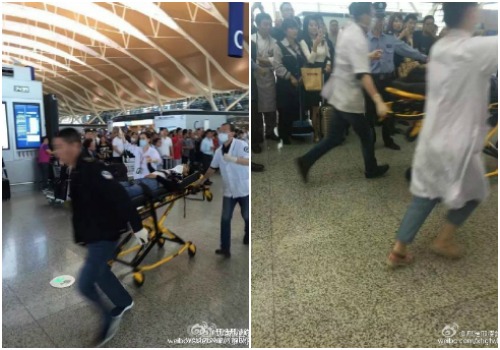

 China Insight3 months ago
China Insight3 months ago
 China Music4 months ago
China Music4 months ago
 China Digital10 months ago
China Digital10 months ago
 China Arts & Entertainment12 months ago
China Arts & Entertainment12 months ago
